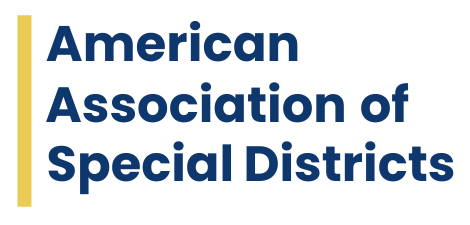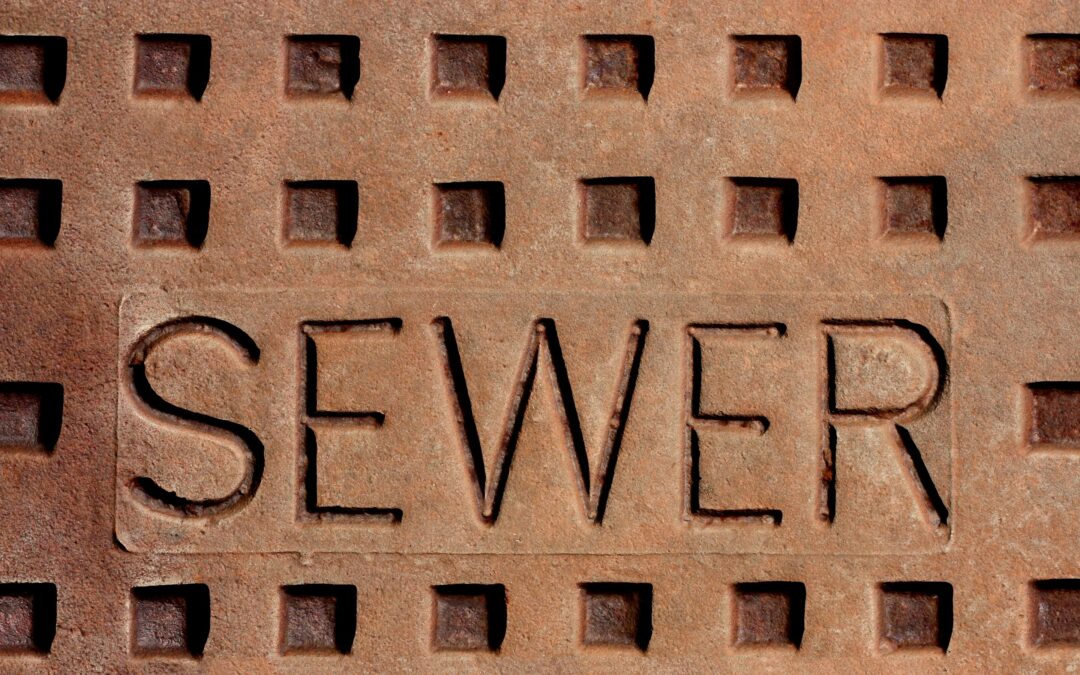Flushable wipes are a lie, and they are damaging wastewater systems. Federal legislation is back to clarify this for consumers and mitigate costly damage to public wastewater systems, and it is on the move.
Background on Non-Flushable Wipes
So-called “flushable” wipes are non-flushable wipes that are commonly made from synthetic materials and do not easily break down in sewer systems. These wipes can mass together, causing clogs and damage to wastewater pipes, pumps, and treatment equipment.
These crappy wipes have become a widespread costly situation for public wastewater operators. A pandemic era, pre-inflation study (September 2020) from the National Association of Clean Water Agencies showed that flushable wipes clog, damage, and/or disrupt system operations to the tune of $441 million annually. This provides an added stress to America’s 3,000+ special districts providing sewer services.
But don’t take it from us — We’re going to let the Central Davis Sewer District in Kaysville, Utah, show you the damage for themselves as they share how just one minor clog cost taxpayers and ratepayers $10,000. (Viewer Discretion Advisory: do not watch before lunch).
It is for this reason that advocates for clean water and wastewater treatment operations have pushed for a federal fix to this smelly public policy issue. Bipartisan legislation just passed the U.S. House of Representatives to take a plunger to the problem once and for all.
The Policy Solution
H.R. 2269 (McClain), the Wastewater Infrastructure Pollution Prevention and Environmental Safety (WIPPES) Act, would establish a national “DO NOT FLUSH” labeling standard for non-flushable wet wipes.
If WIPPES is signed into law, wet wipe manufactures would be required to place symbols and standard language labeled on products that recommends consumers not flush the wipes after use. It would further restrict any verbiage on packaging that would imply that the product is actually flushable. Regulation of the policy would have the teeth of the Federal Trade Commission, with violations punishable as an unfair or deceptive practice.
WIPPES has bipartisan backing in both the House and the Senate, and passed the House by voice vote on June 23. It awaits action in the Senate, where its companion, S. 1092 (Merkley), was favorably reported out of the Committee on Commerce, Science, and Transportation in late May.
AASD encourages special districts providing wastewater treatment services to support H.R. 2269 and S. 1092. Contact your senators and ask them to support the WIPPES Act. Email contact@americasdistricts.org for assistance with direct advocacy.

